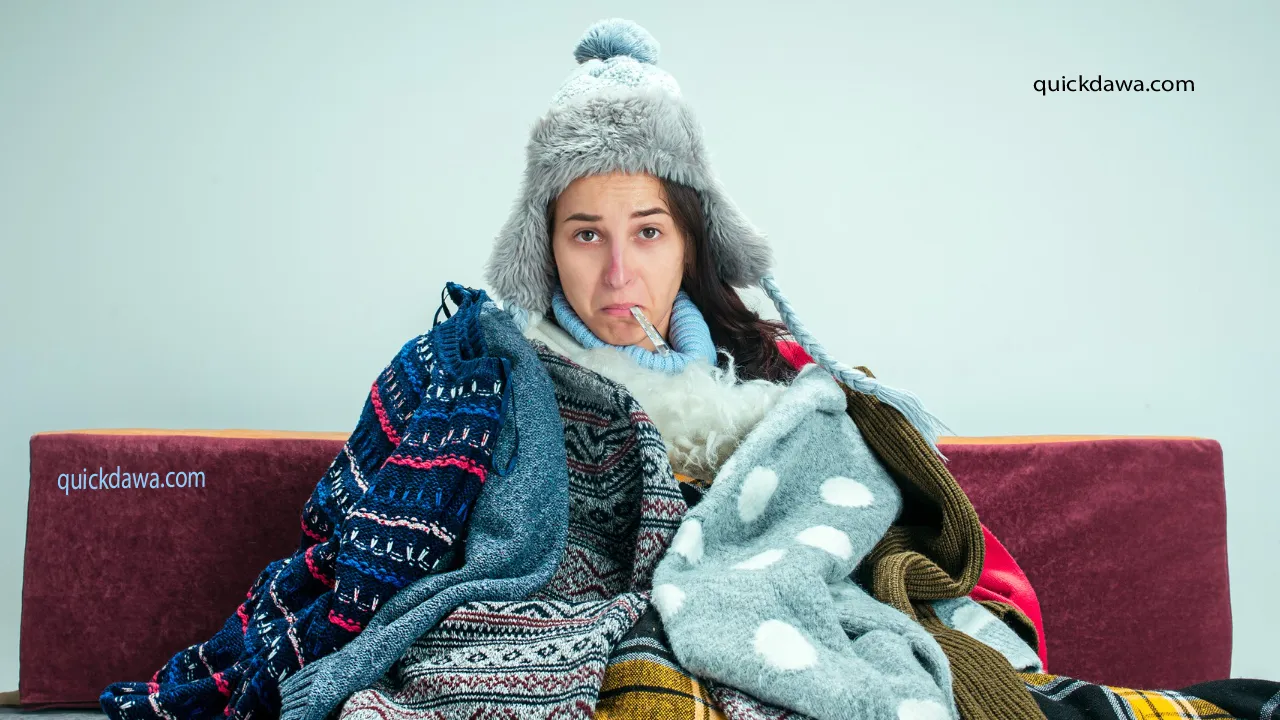Winter presents a serene snow-covered landscape, warm nights by a fireplace, and the excitement of holiday celebrations. As, a winter season brings the cold beauty, but, it also brings Winter Illnesses.
Safeguarding your health from these Winter Illnesses is essential. The coming winter with its freezing hand is the time when the comprehension of possible health hazards becomes important.
This article will take you through the common winter illnesses and how you can boost your immune system.
Top 10 Winter Illnesses and How to Beat Them?
Here are the top 10 winter illnesses and how to prevent and treat them:
1. Common Cold
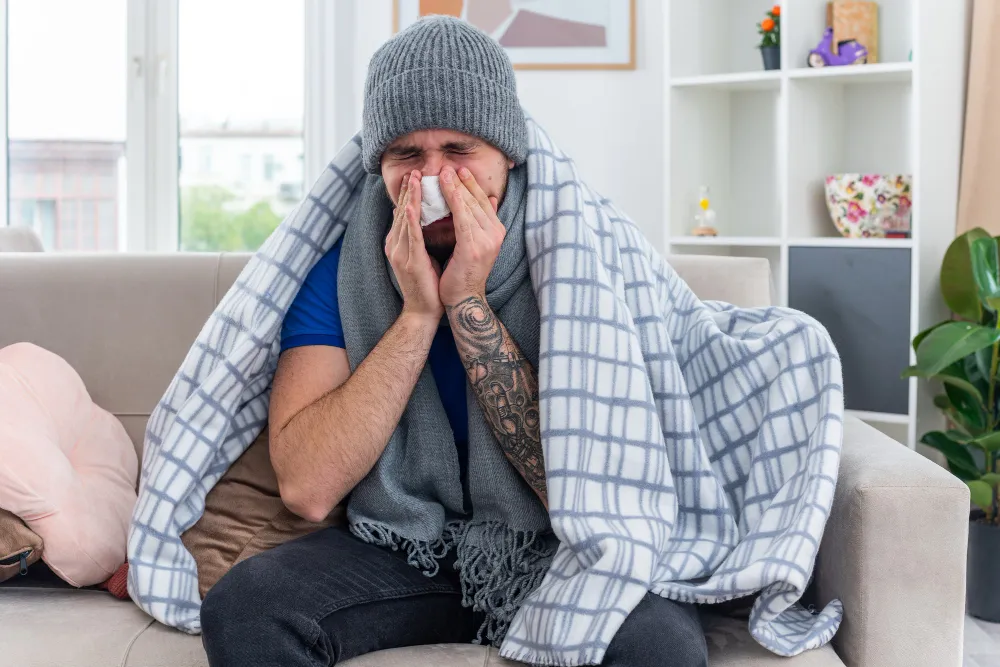
Several viruses are the most common cause of common winter illnesses. The symptoms include;
- a runny nose
- blocked nose
- sore throat
- cough
- sneezing and
- mild fever
Prevention: Wash your hands frequently, avoid sick people, and sleep well.
Treatment: Get plenty of rest, consume a lot of fluids, gargle with salty water, use a humidifier and OTC drugs (painkillers and decongestants).
2. Influenza (Flu)
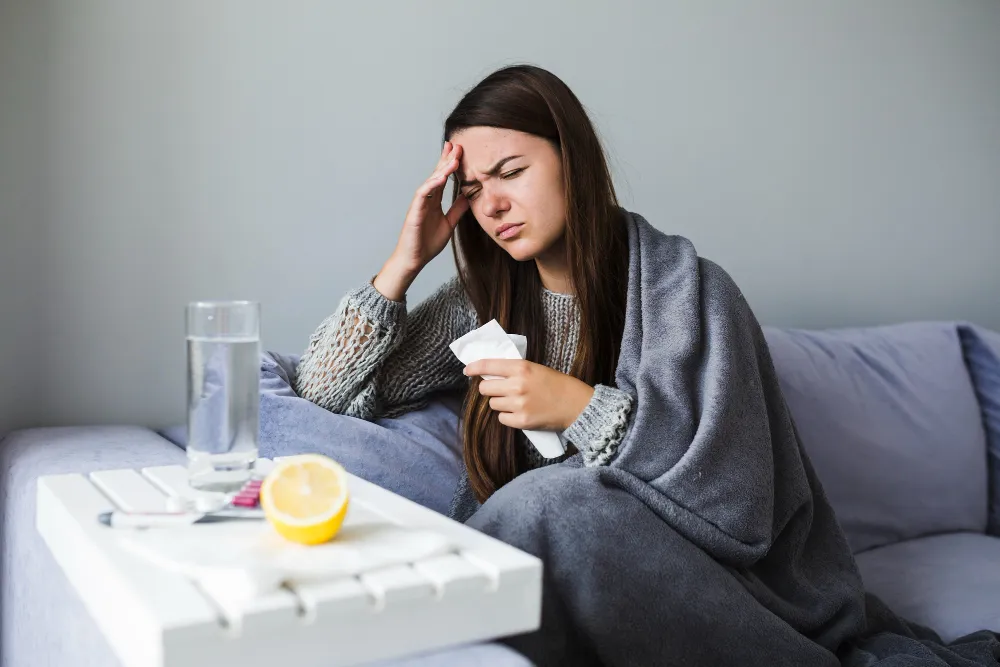
The Influenza (Flu) in winter illnesses stands at No.2. Just like a common cold but worse, flu has;
- a fever
- chills
- muscle pains
- extreme tiredness, and
- a headache
Prevention: Therefore, they should be vaccinated annually, wash their hands regularly, avoid staying close to people having flu as well and cover their mouths when coughing and sneezing.
Treatment: Sleep, drink lots of fluids, take antiviral medicines within two days after the symptom onset (after consultation with a doctor), and use over-the-counter medications to lower fever and body pain.
3. Respiratory Syncytial Virus (RSV)
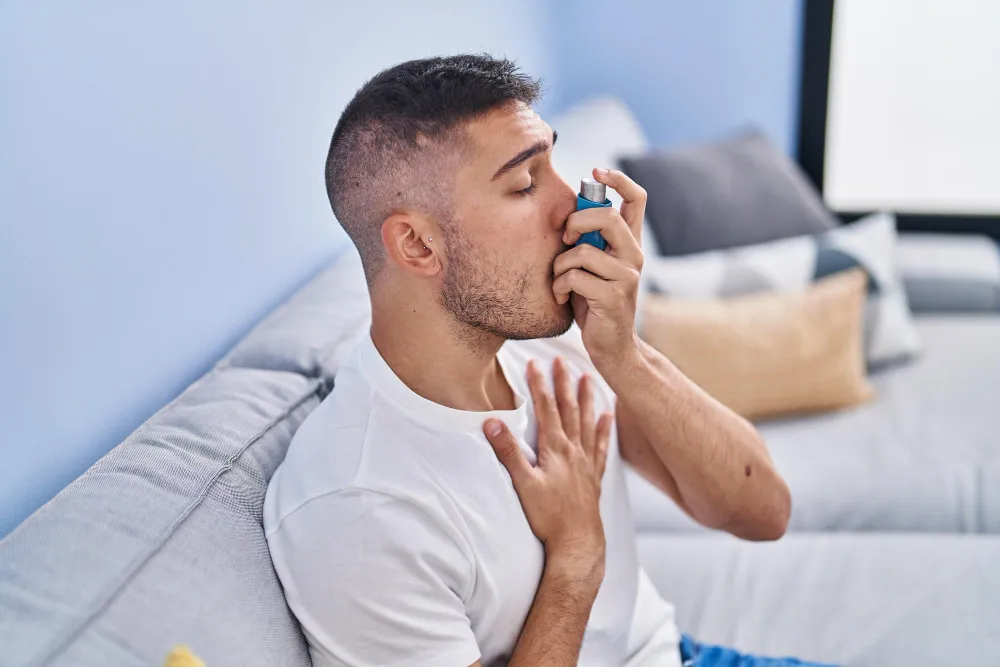
It is generally a pediatric disease or a disease of old age, which has mild cold symptoms that might progress into pneumonia.
Prevention: Wash your hands frequently, avoid sick individuals, and clean surfaces.
Treatment: No specific care regime, only supportive care with rest, rehydration with fluids and fever management.
4. Bronchitis
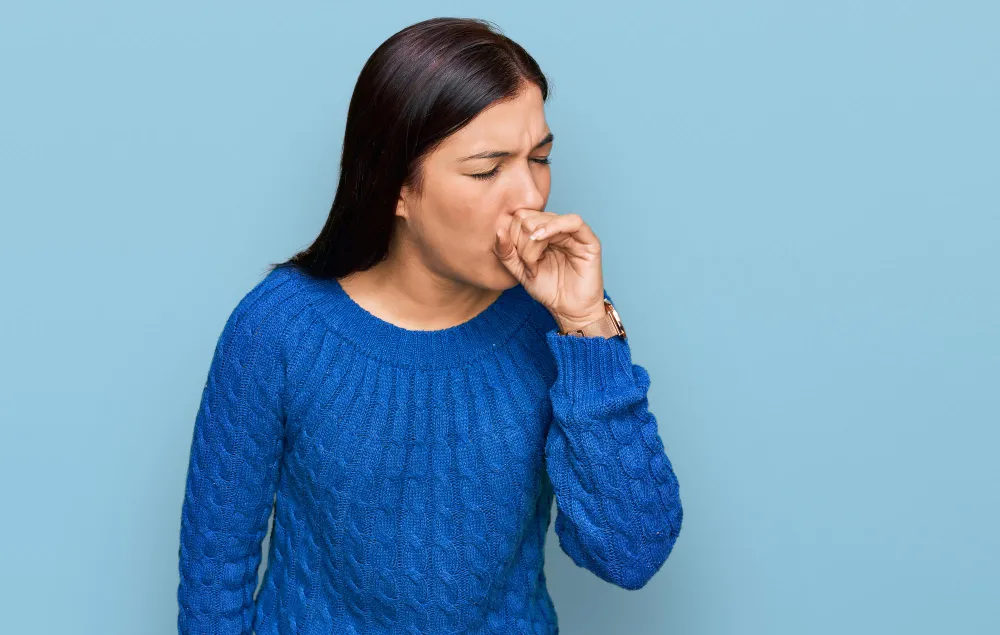
The Bronchitis in winter illnesses stands at No.4.The signs of inflammation of bronchial tubes includes;
- cough
- chest tightness
- wheezing and
- fatigue
Prevention: Avoid smoking and secondhand smoke, wash hands frequently and receive flu and pneumonia vaccinations.
Treatment: For mild cases, try to get enough sleep, drink fluids, use a humidifier, and take over-the-counter cough suppressants and expectorants. Also, see a doctor if the cough is bad.
5. Pneumonia
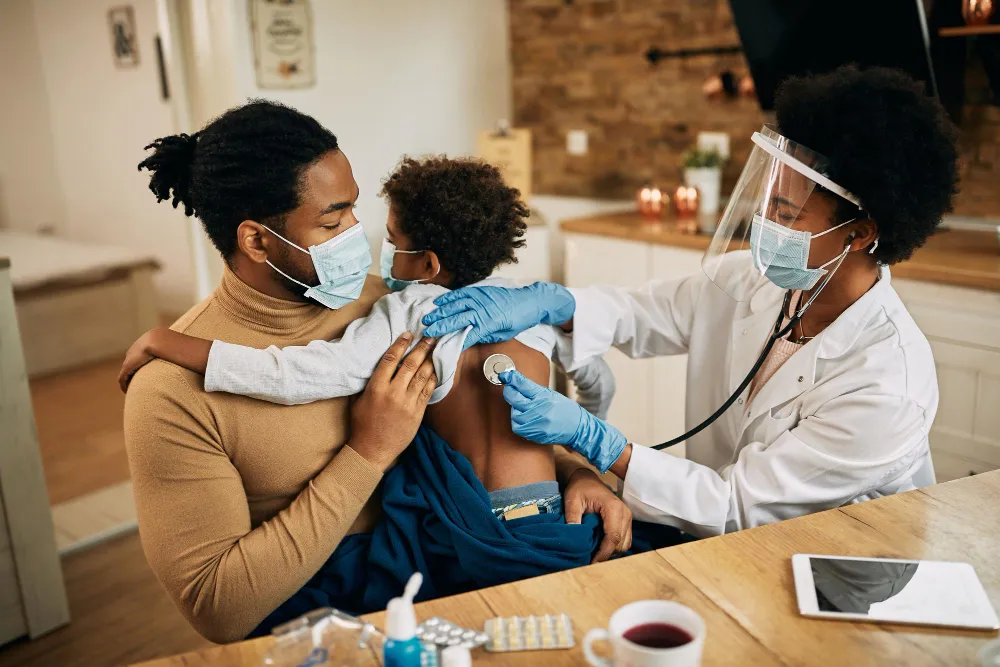
The main symptom of pneumonia, at No.5 in winter illnesses, consists;
- lung infection with resulting fever
- cough (with sputum)
- shortness of breath
- chest pain, and
- fatigue
Prevention: Bronchitis prevention and vaccination in high-risk individuals.
Treatment: In severe cases, antibiotics, oxygen therapy, and hospitalization.
6. Norovirus

Very infectious stomach flu that results in;
- vomiting
- diarrhea
- stomach ache and
- fever
Prevention: Wash hands frequently and do not touch sick people or contaminated surfaces. Disinfect thoroughly after any exposure.
Treatment: Rest, fluids to prevent dehydration, bland diet, see a doctor if symptoms worsen or persist.
7. Chilblains
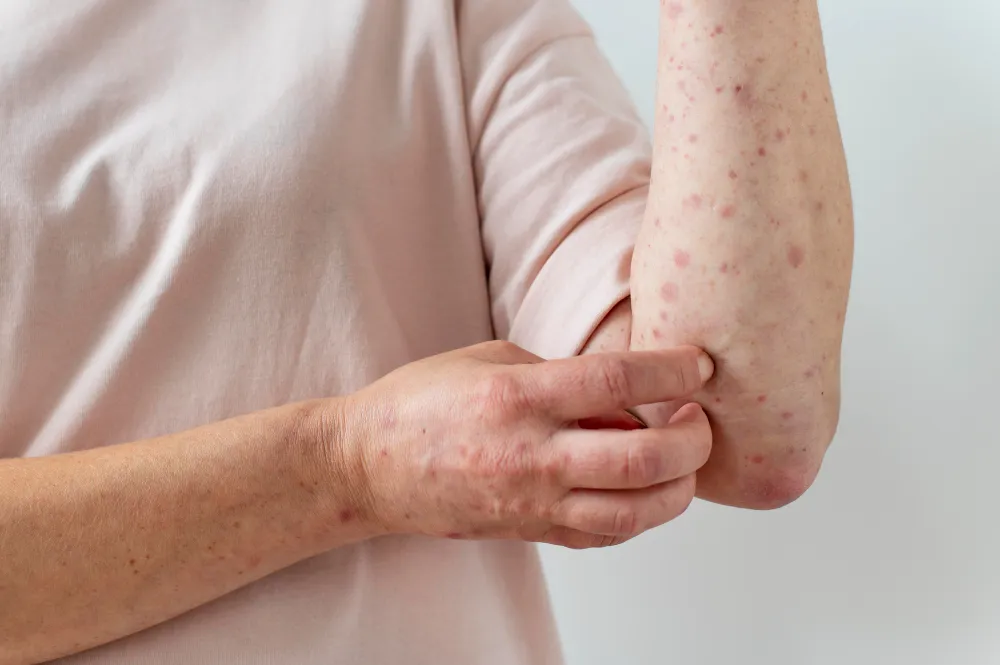
The symptoms of Chilblains includes;
- Redness
- swelling
- itching, and
- burning pain of the small blood vessels in the skin of fingers, toes, and ears
Prevention: Ensure hands and feet are dry, avoid prolonged exposure to cold and wear warm gloves, socks, and hats.
Treatment: Warm packs, elevation, emollient moisturizer and painkillers.
8. Dry Skin
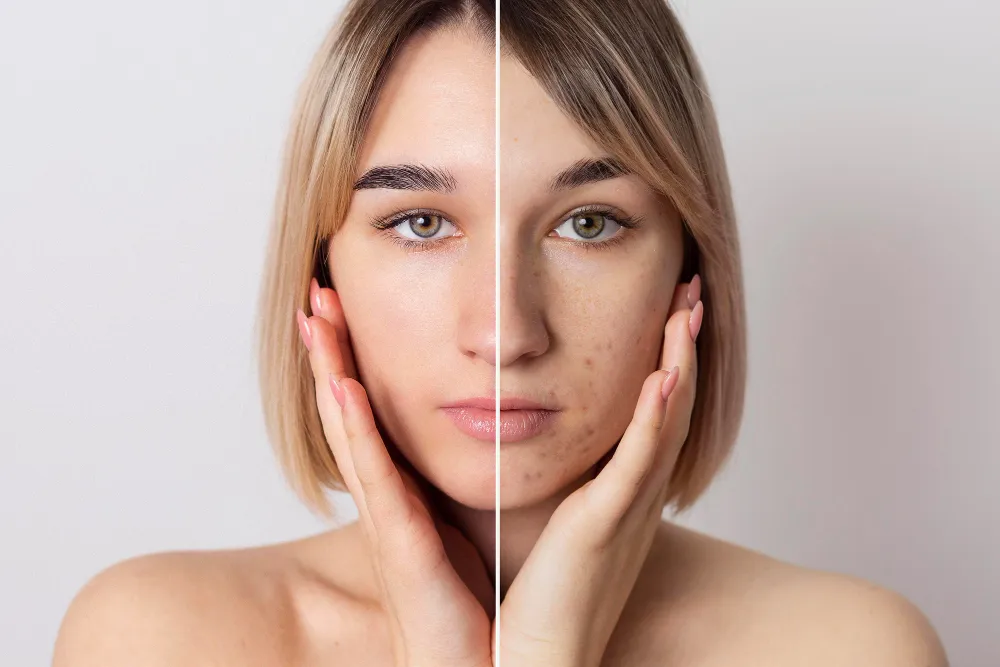
Coldness and dry air make the skin deprived of its;
- natural oils
- making the skin dry
- itching and
- flaking
Prevention: Use a mild soap, regularly apply moisturizing cream, and wear hand gloves when washing and cleaning.
Treatment: Use shorter, lukewarm showers, pat instead of rubbing, and humidifiers to add moisture to the air.
9. Chapped Lips
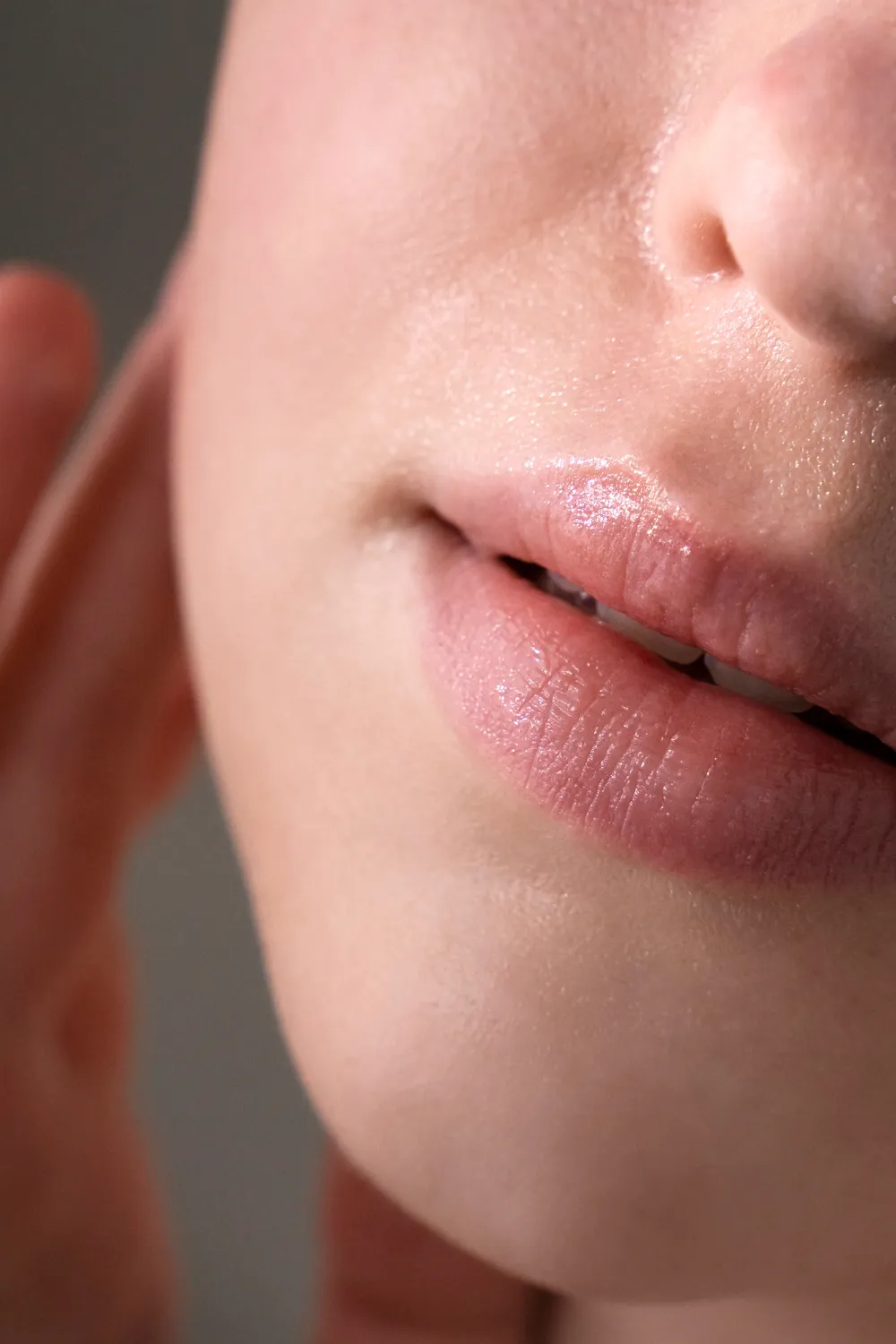
It is the same with chapped and painful lips, like;
- dry skin
- cold air, and
- licking lips
Prevention: Use a lip balm with SPF 15, wear a scarf or mask in the cold, and refrain from licking your lips.
Treatment: Apply a petroleum jelly-based lip balm, exfoliate gently with a soft toothbrush, and avoid fragrant lip products.
10. Earaches

Earaches, at No.10 in winter illnesses, are more common in children and are mostly caused by;
- colds
- flu, or
- sinus infections
Prevention: Use ear plugs to keep ears warm and dry, do not smoke, avoid secondhand smoke, and sleep with your head elevated.
Treatment: Use a warm compress and go see a doctor if you continue to experience pain or it worsens.
Top 10 Winter Illnesses and How to Beat Them? – Video
Conclusion
In the tapestry of winter, where beauty meets the challenge of potential illnesses, proactive measures emerge as the thread that weaves health and vitality. By understanding common winter illnesses and adopting effective strategies, you empower yourself to navigate the season with resilience and well-being.
FAQs
How do you fight winter illnesses?
To fight winter illness, it’s essential to maintain good hygiene, wash hands frequently, stay warm, eat a balanced diet rich in vitamins and minerals, and get regular exercise.
How do you treat winter sickness?
Treatment for winter sickness often involves rest, staying well-hydrated, and taking over-the-counter medications to alleviate symptoms such as fever, cough, and congestion.
What disease is most common in winter?
In winter, respiratory illnesses like the flu (influenza) and the common cold are more prevalent.
How can winter disease be prevented?
Winter diseases can be prevented by practicing good hygiene, getting vaccinated against the flu, maintaining a healthy lifestyle, and avoiding close contact with sick individuals.
How do you fight illness fast?
Fighting illness quickly involves getting plenty of rest, staying hydrated, taking appropriate over-the-counter medications, and seeking medical advice if symptoms persist or worsen.
How do you overcome winter flu?
Overcoming winter flu involves rest, staying hydrated, taking antiviral medications as prescribed by a healthcare professional, and managing symptoms with over-the-counter medications.
Why do we get sick in winter?
There are several reasons why people get sick in winter, including the fact that cold and dry air can weaken the immune system, leading to increased susceptibility to infections.
Does winter affect health?
Yes, winter can affect health by increasing the risk of respiratory infections and seasonal affective disorder (SAD) and exacerbating certain health conditions.
What is winter fever?
“Winter fever” is a colloquial term often used to describe a general feeling of malaise or sickness during the colder months. It can refer to various illnesses, including flu or colds, that are more common in winter.
Is winter bad for the heart?
Cold weather can put extra strain on the heart, especially in individuals with existing cardiovascular conditions. People with heart conditions need to take precautions, such as staying warm and avoiding overexertion in cold weather.
Is winter hard on the body?
Winter can be challenging for the body, as cold temperatures can impact circulation, joints, and overall physical comfort. Adequate protection, such as warm clothing, is important to mitigate these effects.
Is winter bad for mental health?
For some individuals, winter can contribute to seasonal affective disorder (SAD) or exacerbate existing mental health conditions. Reduced sunlight exposure and colder temperatures may impact mood and energy levels. Taking steps to address mental health, such as light therapy or seeking professional help, can be important during the winter months.
Credit . FreePik
Disclaimer
The information provided on quickdawa.com regarding medicine prices and side effects is solely based on data collected from public domains. I am not a doctor or medical professional. While I strive to provide accurate and up-to-date information, I cannot guarantee the absolute accuracy or completeness of the data. It is always recommended to consult with a qualified healthcare professional or doctor for personalized medical advice and information. The content on this blog should not be considered a substitute for professional medical guidance. The readers are advised to use the information provided at their own discretion and risk. I do not assume any responsibility for any consequences arising from the use of the information on this blog.
Thank you.
